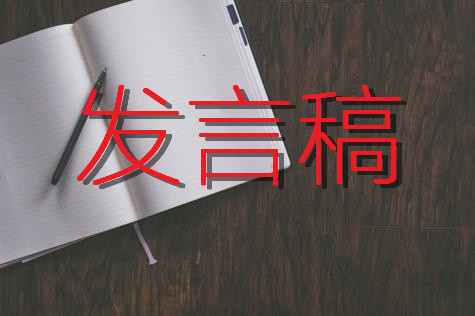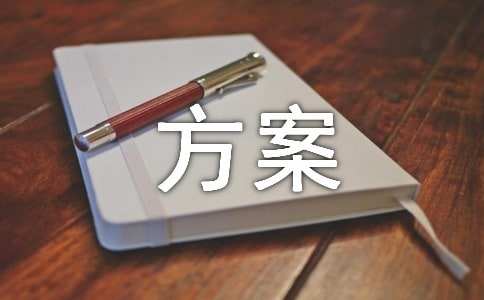【美国人夸你千万别当真】 美国人夸你cute
时间:2019-03-29 03:28:53 来源:雅意学习网 本文已影响 人 
小时候读过一篇课文,文章中主人公似乎做了一件什么事,让美国人竖起了大拇指。后来中国对世界打开了门窗,西方人夸赞我们的机会就更多了。而人家叫一声好,我们往往就以为自己真的很好,大好特好了。
一位自小便跟美国人厮混在一起的华裔回中国学汉语,看见中国书刊报纸上宣扬某个成果或某个事件时,会时不时把外国人的夸赞铺排炫耀出来。他对此很不解,说:“我跟美国人在一起,他们每天都会说我一大堆好呢。可我知道,他们未必真的以为我好,我也未必真好。”他还提醒别人,美国人夸人好的时候,千万别当真。美国人就是这样,即便你做得不好,也不当面斥责你,而是会笑眯眯地说:“做得好。”好不好你心里最清楚,人家夸你好,是给你留了面子呢,不好都说你好,下次你还好意思不好吗?
一位中国博士生在一片夸好声中被美国一所大学录取,人家一开始夸他好,他还真以为自己好,毕竟他那托福成绩够唬人的。他拿到了全额奖学金,还当了助教。一学期助教当下来,人家院长、学生还是夸他教得好。可是,当新学期开始的时候,他的助教职位却被拿下了。他不明白,私下一打听,惊呆了,原来自己教得很不好,学生都听不懂他讲什么。半年后,他的奖学金也被取消了。他跑到学院追问究竟,人家照旧夸了他一番。他怒了:“既然如此,那为何取消我的奖学金呢?”人家看他那认真的样子,只好以实相告:“学院认为你应该先去补习英语,再回来读学位。不过不管怎样,你还是一个好学生。”这一软棒子把他打趴下了。他躺在宿舍里好几天不出门,盯着天花板不住地念叨:“既然我不好,那为何不早告诉我呢?早知如此,我就恶补英语了。这美式‘虚伪’可真害人呀!”
说到这美式“虚伪”,在美国中餐馆做帮厨的甄师傅却另有见解。这家中餐馆的老板是美国人,老板娘是华人,夫妻俩轮流来店里打理,中式严苛和美式宽容也轮流转换。华人老板娘在店里的时候,总是紧盯着员工,眼露挑剔之色。员工正埋头干活呢,说不定某个小环节不入老板娘的法眼,老板娘就会冲过去对员工指斥一番、教导一番,训得员工一个个面红耳赤。甄师傅说他挨训之后,好几次差点儿把自己的手指切下来。
那美国老板却是另一番模样,一进门就找到员工挨个谢过,看哪个人干活都夸干得好。好多次按照老板娘的标准,甄师傅明明做错了,那老板却还是夸好,并且还给他作示范,称换一种做法也许更好。甄师傅说:“老板每次夸我,我都在想,我是不是还能做得更好呢?我在这家店练出了好手艺,不是老板娘训出来的,而是老板夸出来的。”
太在乎别人的贬损是自卑,太在意别人的夸赞也非自信。一个捧损不惊,自知又自信的人,才是一个真正的强人,一个民族、一个国家同样如此。
别人夸我们,不要太当真。
I once read a text in childhood. It said a man might do something and was given the thumb up by Americans. Afterwards, China opened her door to the outer world, getting more opportunities for westerners to praise us. And when they pay us a compliment, we will always be under the impression that we are really good and flatter ourselves.
An American-born Chinese went to China to learn the Chinese language. When reading books, magazines or newspapers at home, he found now and then they were studded with foreigners’ complimentary comments on the splash of an achievement or an event. He felt very confused about it, saying, “While living with Americans, I was given a torrent of praise by them every day. But I knew they didn’t necessarily think I was good and I wasn’t necessarily good.” He told his Chinese compatriots not to take Americans’ praise seriously. Such are the Americans; they won’t chide you for your foul-up, but say “well done” with a smile. But you are most sure if you’ve done a good job. When flattering you, they spared your feelings. In the circumstances, will you have the nerve to foul up the next time?
Wreathed in compliments, a Chinese doctoral candidate was enrolled by a U.S. university. In the beginning, he was praised and thought himself really good. After all, his score on TOEFL was high enough. He was granted a full scholarship and won a teaching assistantship. After the first semester, the faculty director and college students praised him for his good teaching. But at the start of the next semester, his teaching assistantship was cancelled. He didn’t know why, and after making an enquiry in private, he was stunned by the fact that his teaching sucked and all students couldn’t follow him at all. Half a year later, he was stripped of his scholarship. He went to the faculty and pumped the staff for the reason, but was paid a compliment as usual. He became angry, asking, “In that case, why do I lose my scholarship?” Looking at his serious face, they had to tell him the truth, “The faculty thinks you should first brush your English up and then turn back to resume your degree course. Anyway, you’re still a good student.” The euphemistic yet cruel reply was a shattering blow to him. He kept lying in the dorm for days, staring at the ceiling and saying repeatedly, “Now that I am not good, why didn’t you tell me? Had I known it, I would have caught up on my English. ‘American hypocrisy’ is killing me.”









